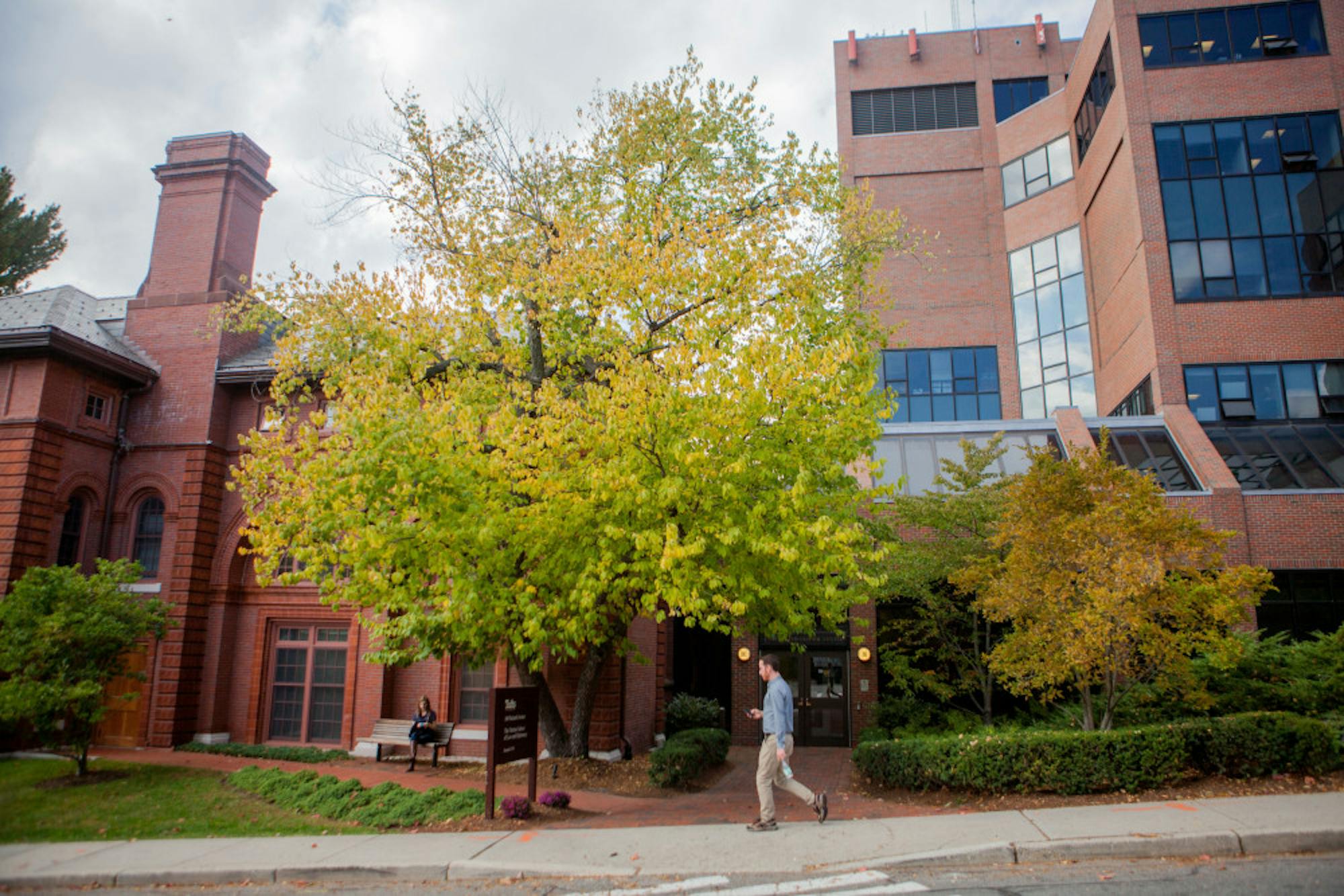The Carnegie Corporation of New York awarded a $1 million grant to The Fletcher School of Law and Diplomacy in order to help bridge the disparity between the work done in academia and the work done in policy over the course of two years.
The Carnegie Corporation initially noticed that people in the policy world were not paying sufficient attention to what academics were doing, and academics weren't trying hard enough to make their research translatable into policy, according to Academic Dean and Professor of Law at Fletcher Ian Johnstone.
“We want to work with policymakers to design the research program and carry [it] out," he explained. "We're going to be doing research in the field, going to places where the institutions of the state are weak -- to fragile states -- and see, first of all, what we can learn about that and, secondly, see how we can improve the strategies for trying to find solutions to some of those problems.”
The proposal for the grant, which was a collaborative effort by over 20 faculty and staff, seeks to help establish indicators of "state legitimacy and state illegitimacy," according to Johnstone. He said he is optimistic about the potential benefits from this work.
“Our proposal is to help policymakers find ways of building legitimate institutions in fragile states," Johnstone said. "Our project is basically to help find ways, strategies and indicators for what constitutes a legitimate institution and how to design strategies or programs to build those institutions."
Additionally, with the help of the Carnegie Corporation’s grant, the Fletcher School will be trying to find more innovative ways of spreading information to policymakers.
“One thing that the Carnegie Corporation was interested in and that we're trying to do is to find innovative ways of actually getting the policymakers to listen to and use the research," Johnstone said. "The traditional way of doing that is you hold policy briefings ... but I think the innovation we're going to try to introduce is virtual policy briefings, meaning we'll do it from here."
By using technology to their advantage, academics will have a greater impact, according to Johnstone. Although the previously preferred method of policy briefings will not be completely eradicated, virtual briefings are advantageous in crisis situations, he said.
"We are going to try to demonstrate that this can be done on a much more timely basis, so it's not a matter of there is a crisis somewhere and then two or three years later, the academics have come up with some good ideas on how to deal with the crisis," he said. "There's a crisis somewhere, and we sort of immediately are able to inject some of our research into how policymakers address that process.”
Johnstone said he hopes that this immediate contact will spread academics' message to the general population.
“The policymakers are also influenced by the international and national public opinion, so we would want our findings, our research, to also be accessible to the general public in the hope that that will have a good impact on policy,” he added.
Carnegie Corporation awards Fletcher School $1 million grant

A recent grant from the Carnegie Corporation awarded The Fletcher School of Law and Diplomacy $1 million to link research and policy more closely.





